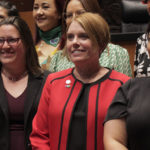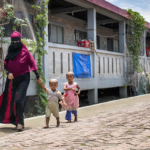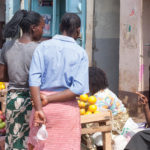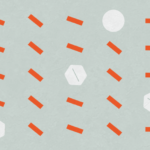

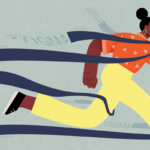
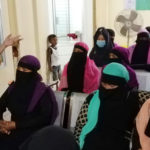
Research has long shown that women and girls who experience gender-based violence at the hands of their husbands or sexual partners often experience poor reproductive health and unintended pregnancy. This issue is heightened in humanitarian settings, where women and girls are at increased risk of sexual and gender-based violence.

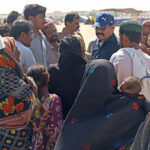
With a third of Pakistan underwater due to record flooding from the 2022 monsoon season, the United Nations Population Fund estimates that around 1.6 million women of reproductive age, including nearly 130,000 pregnant women, need immediate sexual and reproductive health services in flood-affected areas.
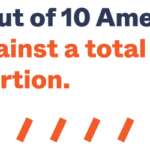
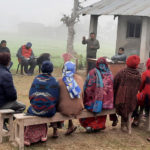
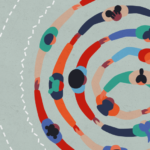
Faced with rising COVID cases and escalating armed conflicts between the military and ethnic armed organizations, many people in Myanmar have had to rely on ethnic health organizations rather than government-connected public facilities for their health care. Myanmar’s fractured health system has been overwhelmed, pushing aside other vital needs—like sexual and reproductive health services.

